CA 27-29 in patients with breast cancer with pulmonary fibrosis.

A series of 4 patients with breast cancer who have persistent elevation in CA 27.29 are reported, finding that false-positive results might be observed in certain patients with no evidence of malignant disease, such as benign breast disease, ovarian cysts, and liver disease. Cancer antigen (CA) 27-29, which is expressed on most carcinoma cells, is a soluble form of glycoprotein MUC1. It is overexpressed in tumors involving glandular epithelial cells, such as breast tumors. Measurement of CA 27-29 has been approved by the US Food and Drug Administration for monitoring disease activity in patients with breast cancer. Although serial determination of tumor markers after primary treatment for breast cancer can preclinically detect recurrent/metastatic disease with lead times of approximately 2-9 months, the clinical value of this lead time remains to be determined. False-positive results might be observed in certain patients with no evidence of malignant disease, such as benign breast disease, ovarian cysts, and liver disease. Herein, we report a series of 4 patients with breast cancer (2 patients with interstitial lung fibrosis and 2 patients with nonspecific fibrotic lung changes) who have persistent elevation in CA 27.29 (normal, <38 U/mL).
:max_bytes(150000):strip_icc()/iStock_000006252735_Large-56c7df5e5f9b5879cc42a934.jpg)
Cancer Antigen 27.29 Test: Uses, Procedure, Results

Potential diagnostic and prognostic biomarkers for breast cancer

CA27.29: A valuable marker for breast cancer management. A

Pulmonary Fibrosis Information Guide by Pulmonary Fibrosis Foundation - Issuu
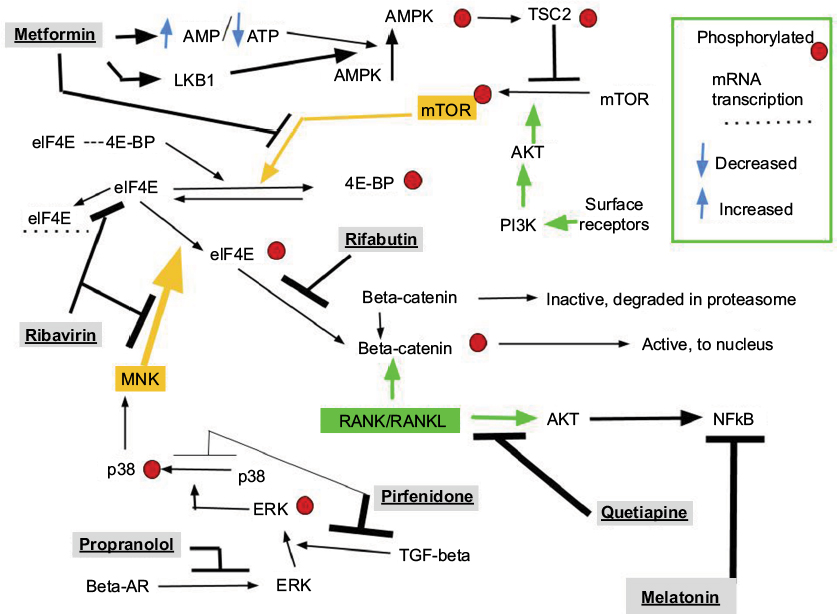
The ABC7 regimen: a new approach to metastatic breast cancer using
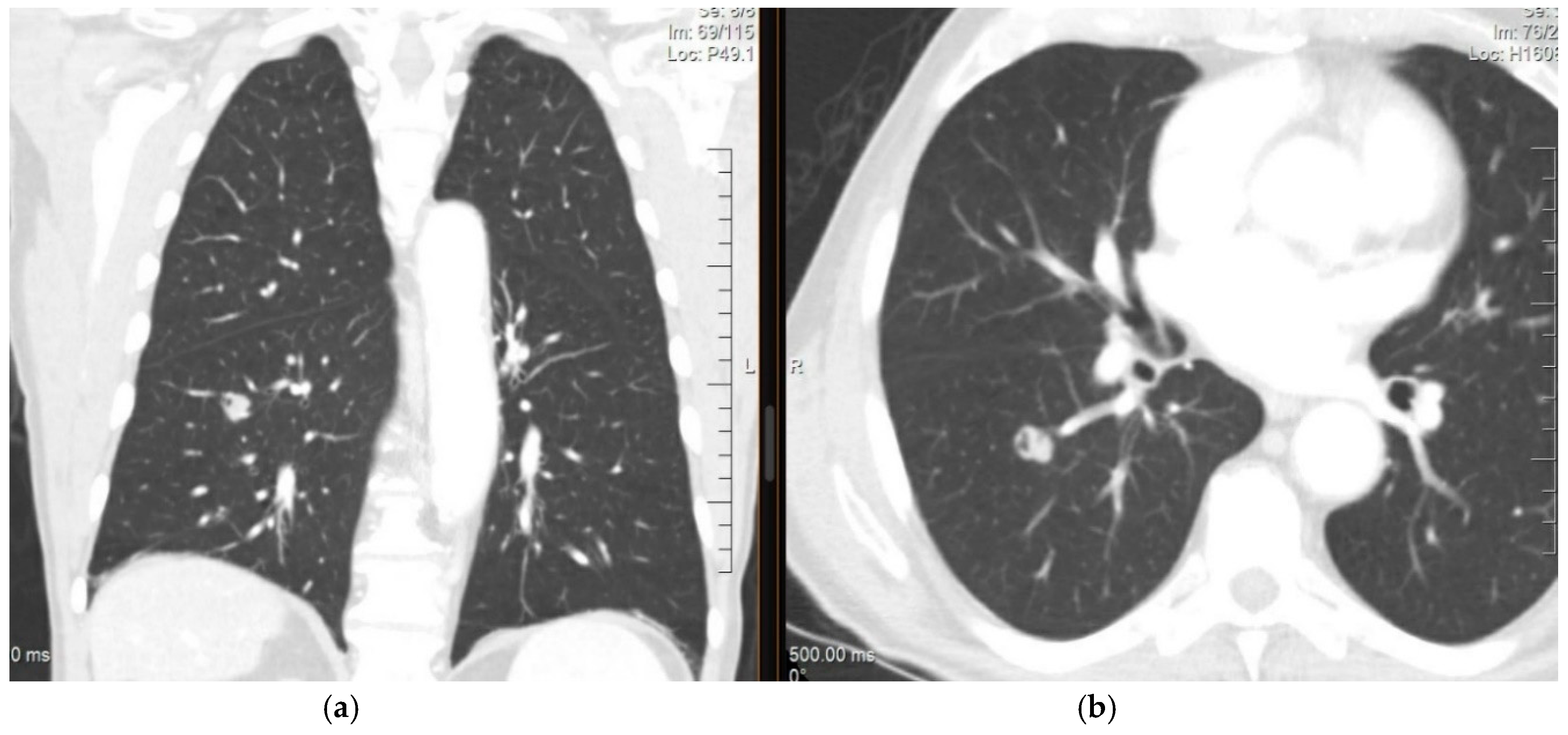
Current Oncology, Free Full-Text
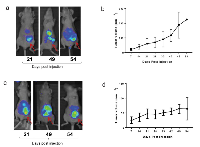
Genes & Cancer A tumor specific antibody to aid breast cancer

Dr. Sobha Kurian, MD – Morgantown, WV

Anoctamin-1 is induced by TGF-β and contributes to lung myofibroblast differentiation
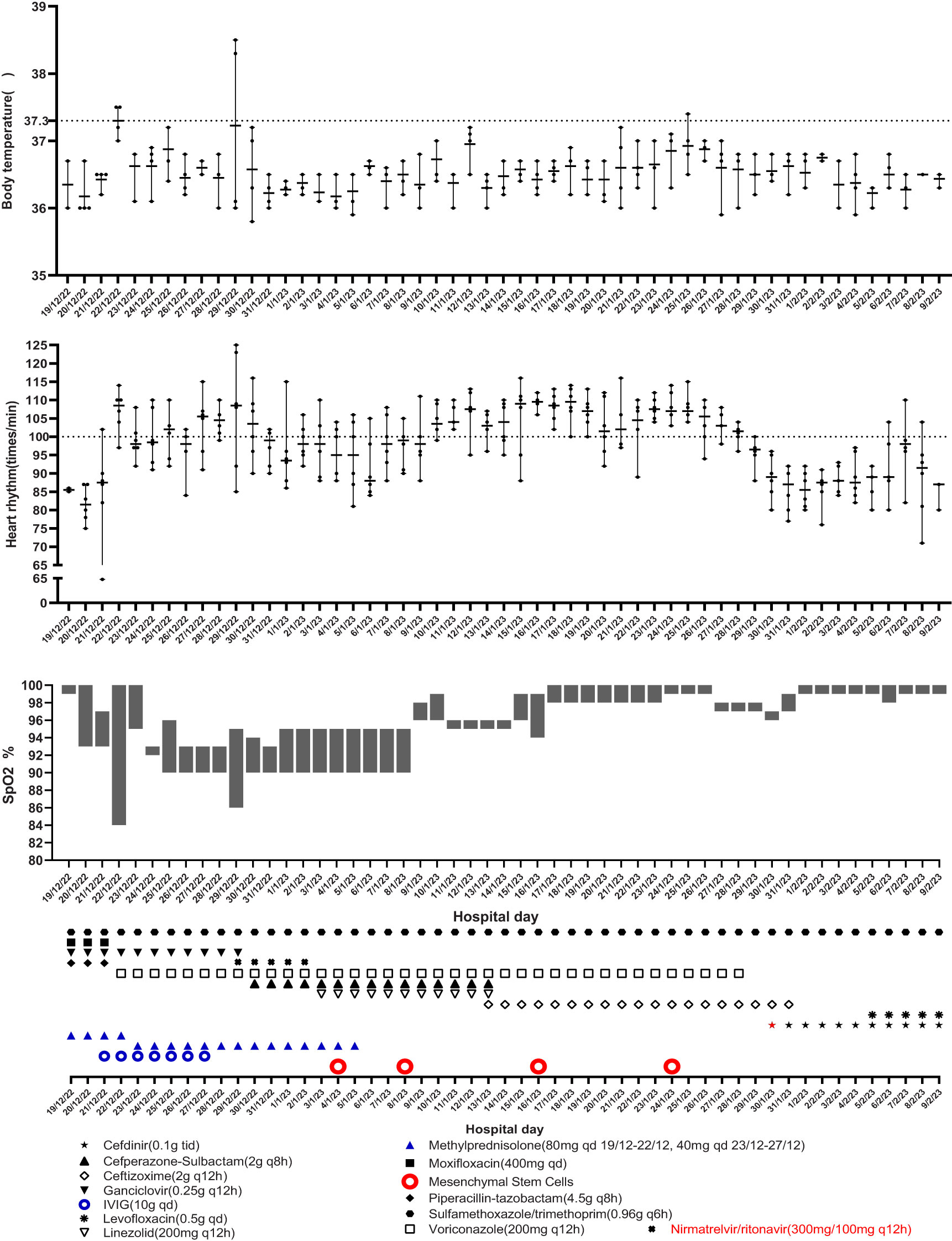
Frontiers Successful salvage of a severe COVID-19 patient
Pneumonitis and pulmonary fibrosis associated with breast cancer
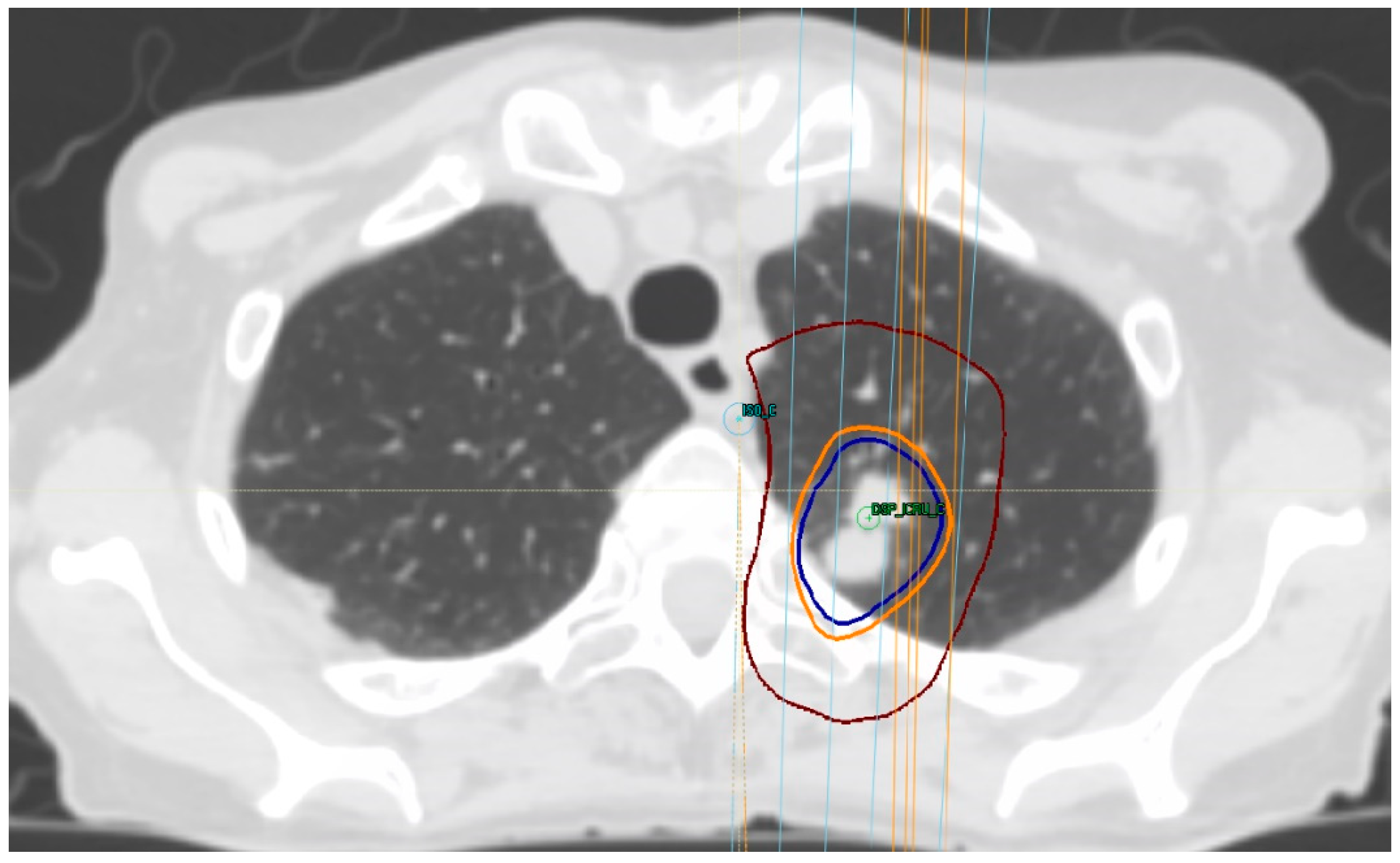
Current Oncology, Free Full-Text

Trends in electrochemical biosensors for the early diagnosis of